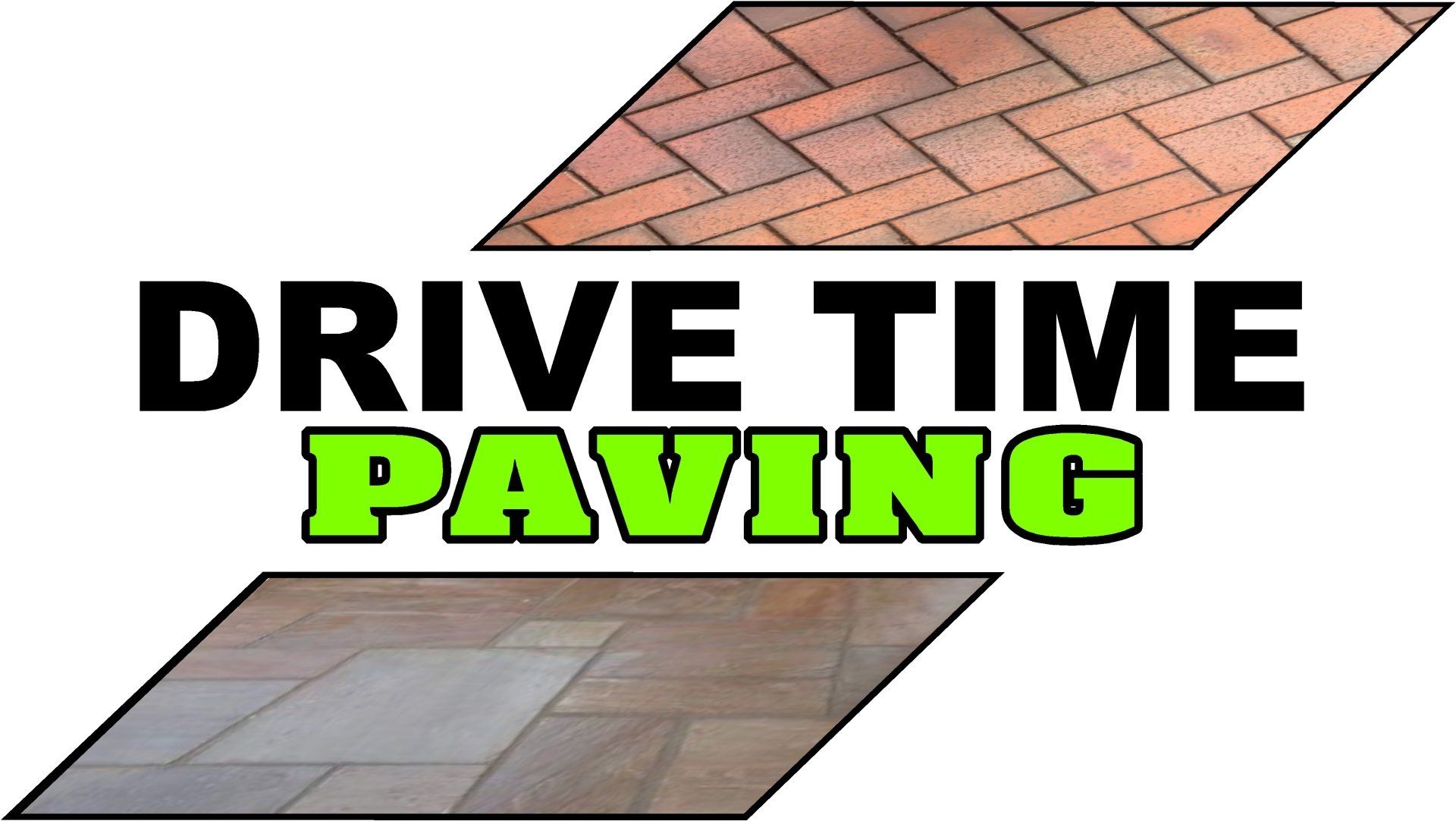What Causes Driveways To Sink?
Assuming you work with an accredited contractor who undertakes the requisite checks and completes the job with care and attention, getting driveway paving in Telford will last for years and look great in the process.
However, there are some exceptionally rare cases where a driveway starts to sink, develop dips or shifts away from its original location. This can be distressing for several reasons, not least because it can be very difficult to understand why they might emerge.
One possible cause can be
sinkholes, saucer-shaped holes that are caused by a collapse of a layer of rocks that support the material at the surface, that whilst often appearing without warning tend to relate to nearby erosions and environmental factors.
In terms of other reasons why driveways sink, one of the most common causes is weak foundations that cannot support the forces that are placed on the paving material every day as a car that weighs several tonnes drives onto and off of it.
Strong foundations with effective drainage and a strong base will ensure that your paving surface of choice will safely take the strain off your vehicle.
A lack of edging, such as a line of bricks or a small wall can lead to a lack of structure, which in turn can cause the driveway surface to potentially shift or move around. This can cause sinking
and potential cracks if the underlying surface shifts in different directions.
Water is a key cause of damage and sealing the paving of a driveway is an essential part of any sensible driveway construction. However, water can affect driveways in other ways, particularly if a water leak under your drive has caused the soil underneath to shift over time.
Finally, if the land a new build has not been allowed to settle for long enough, subsidence can form as the soil shifts and alters to take the newly added weight.
